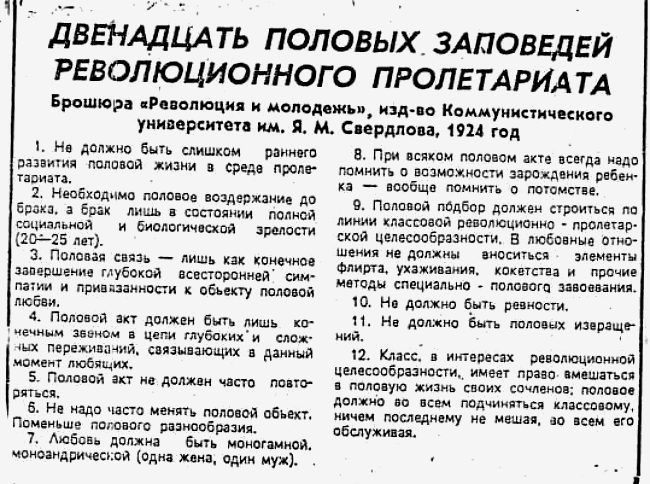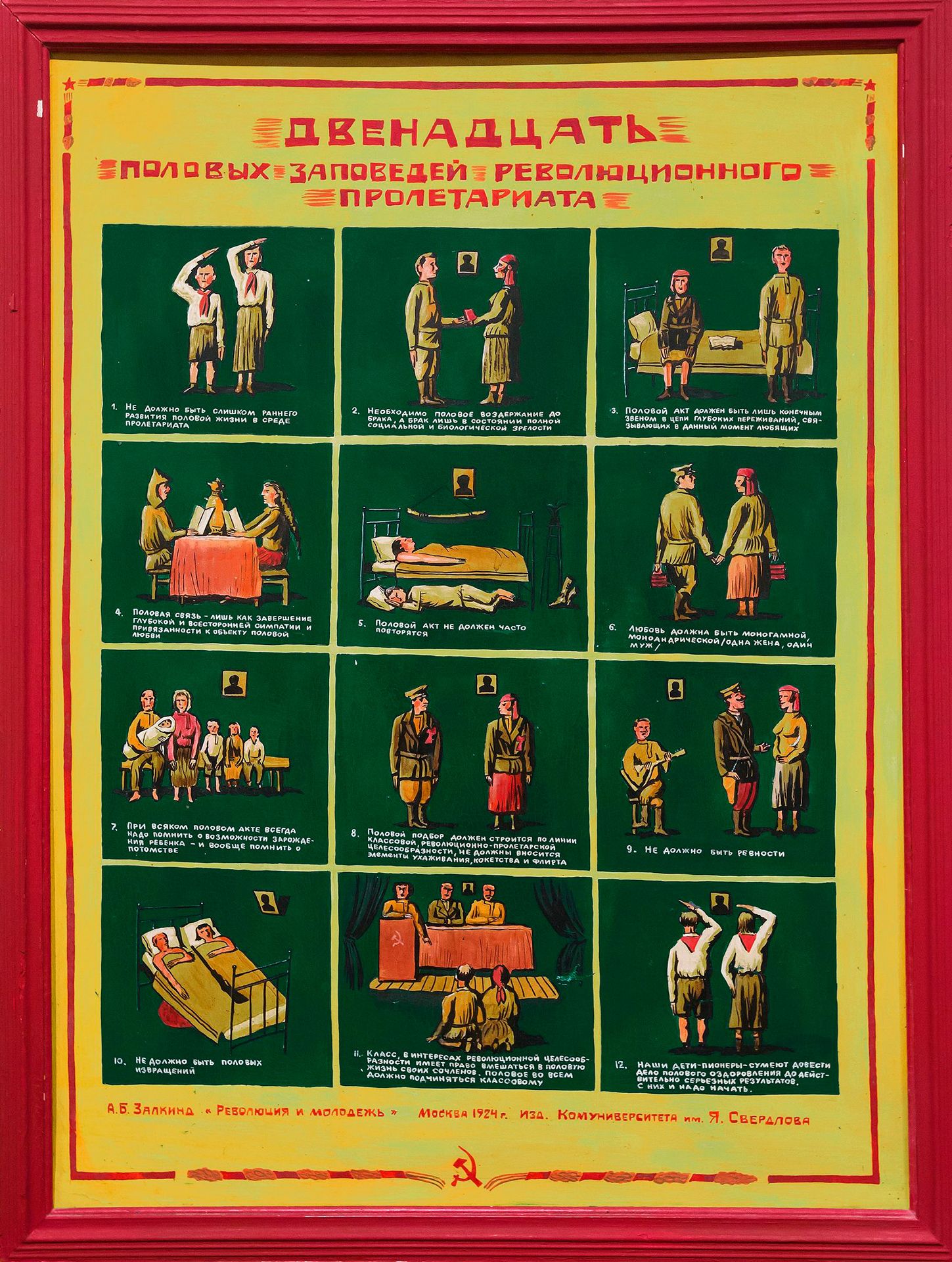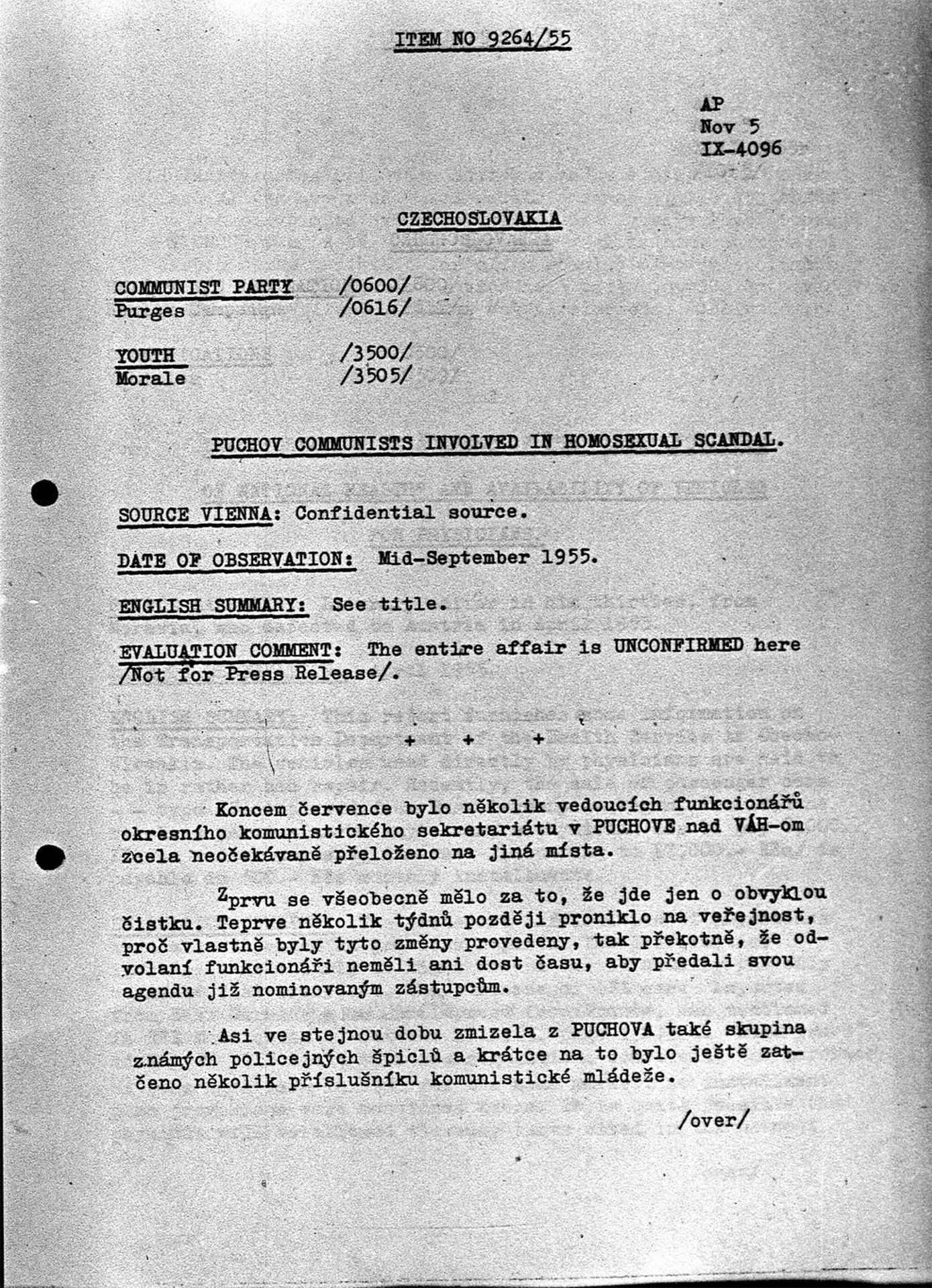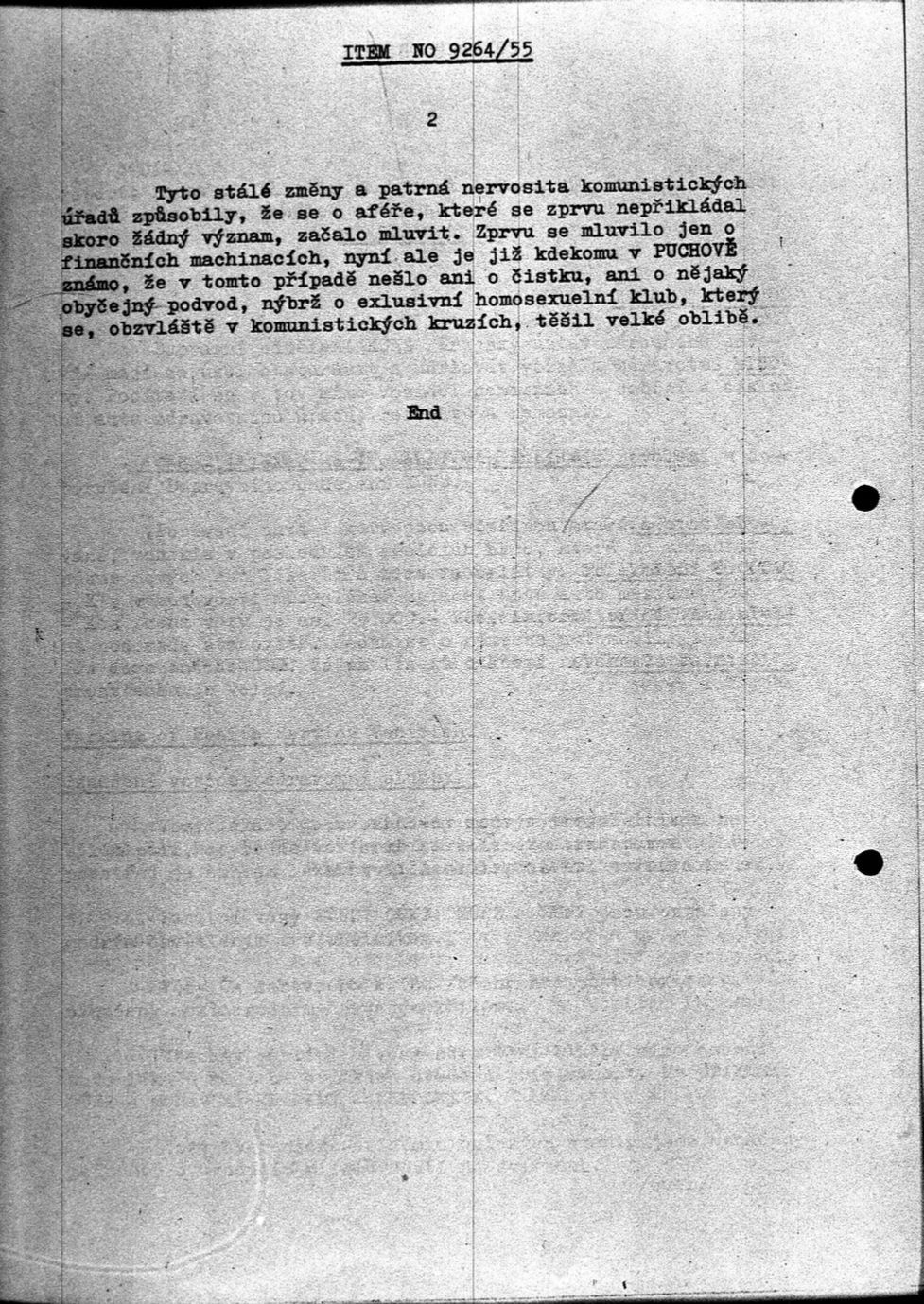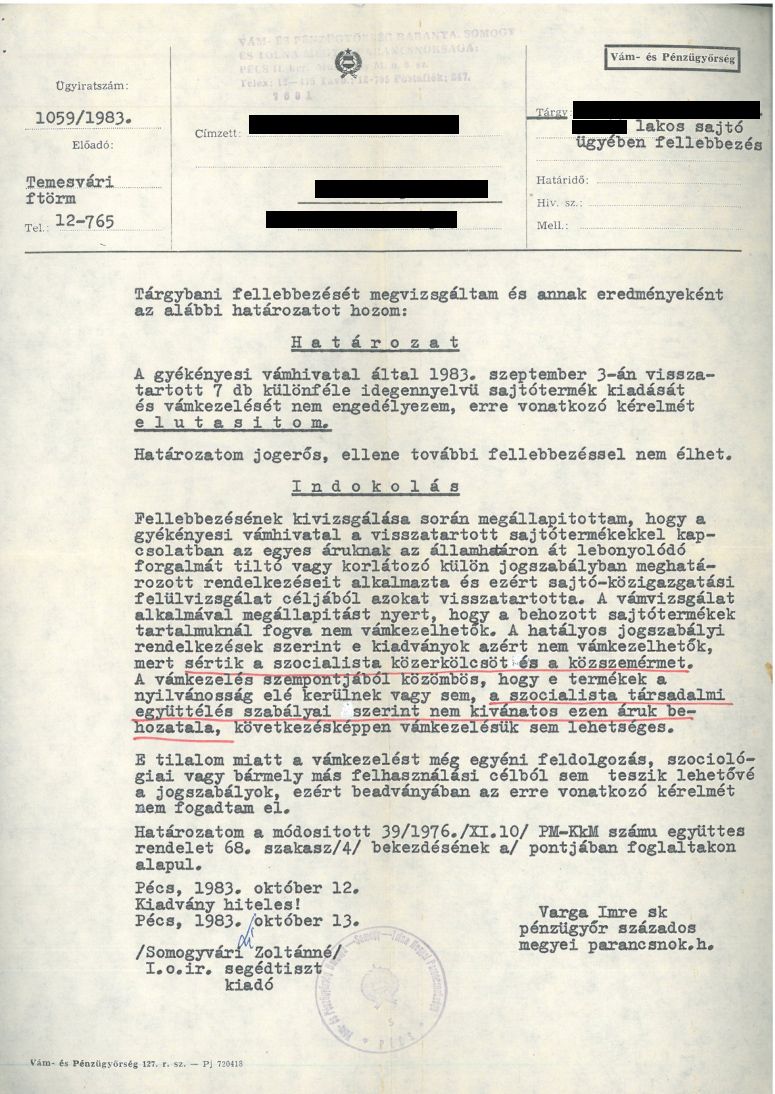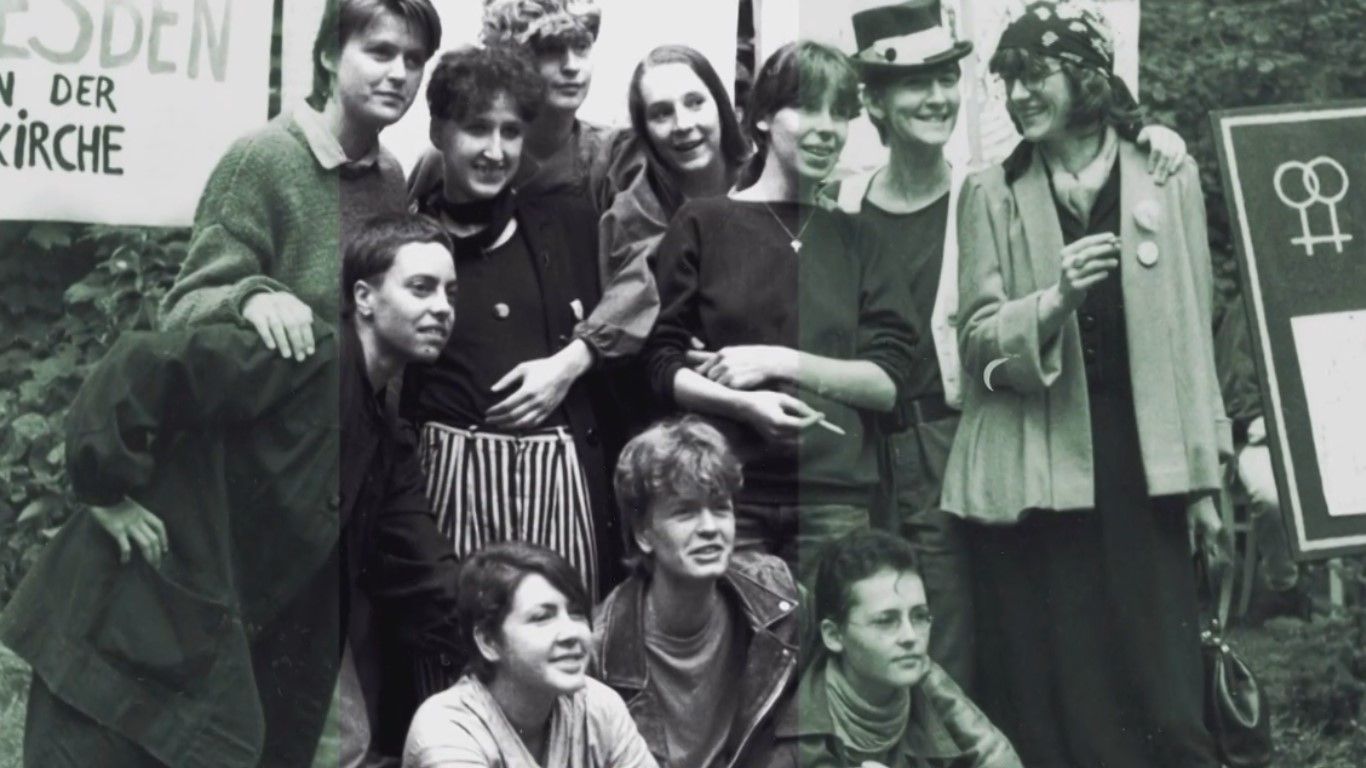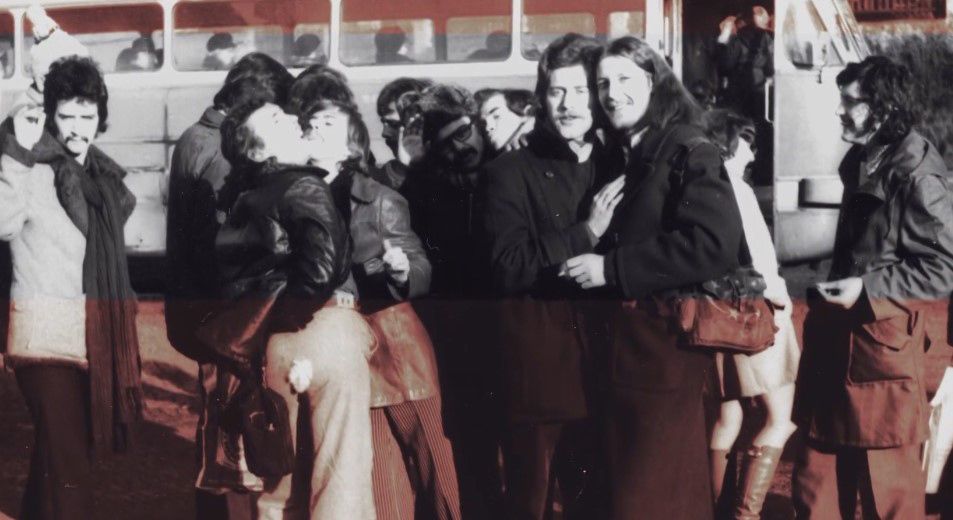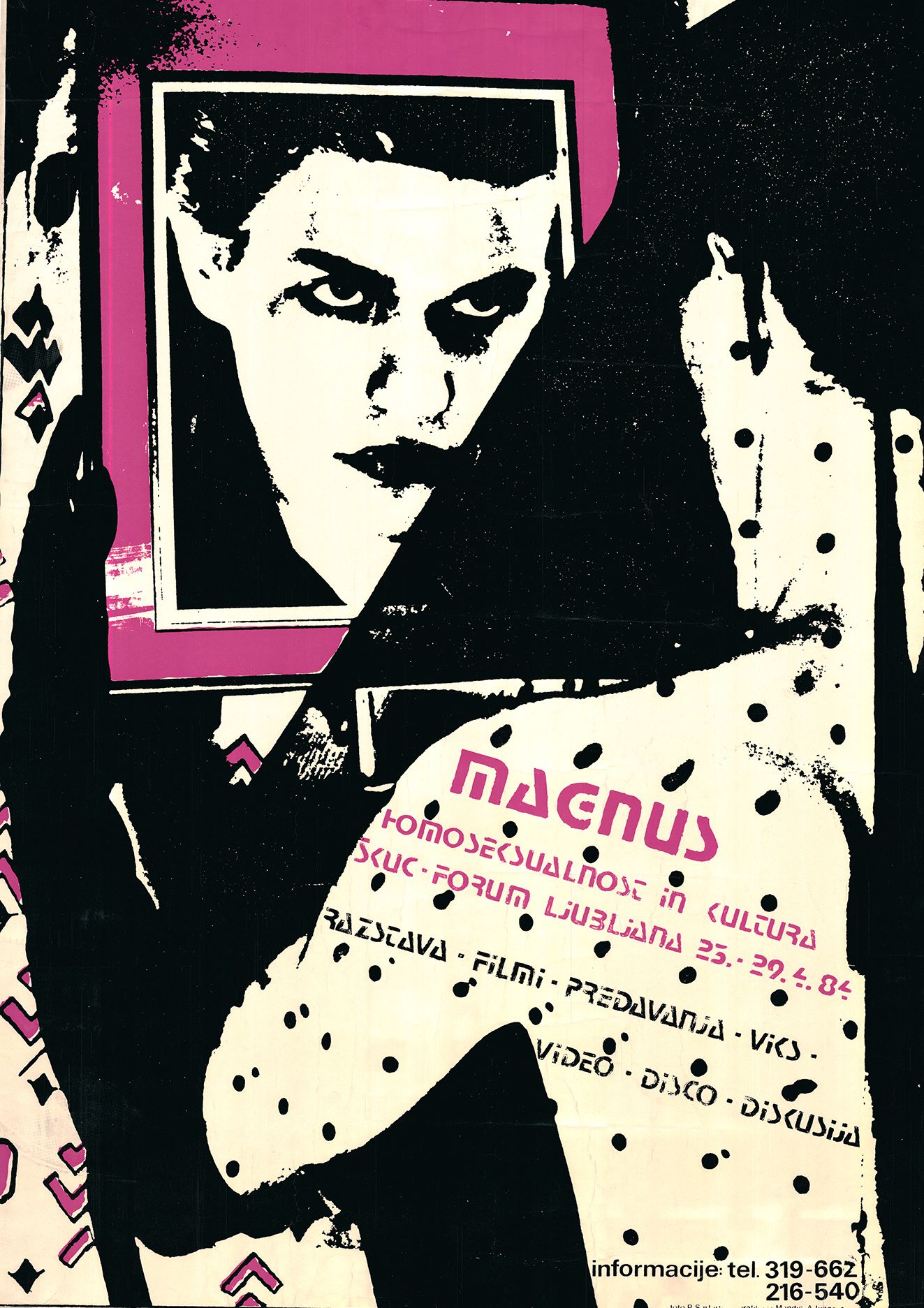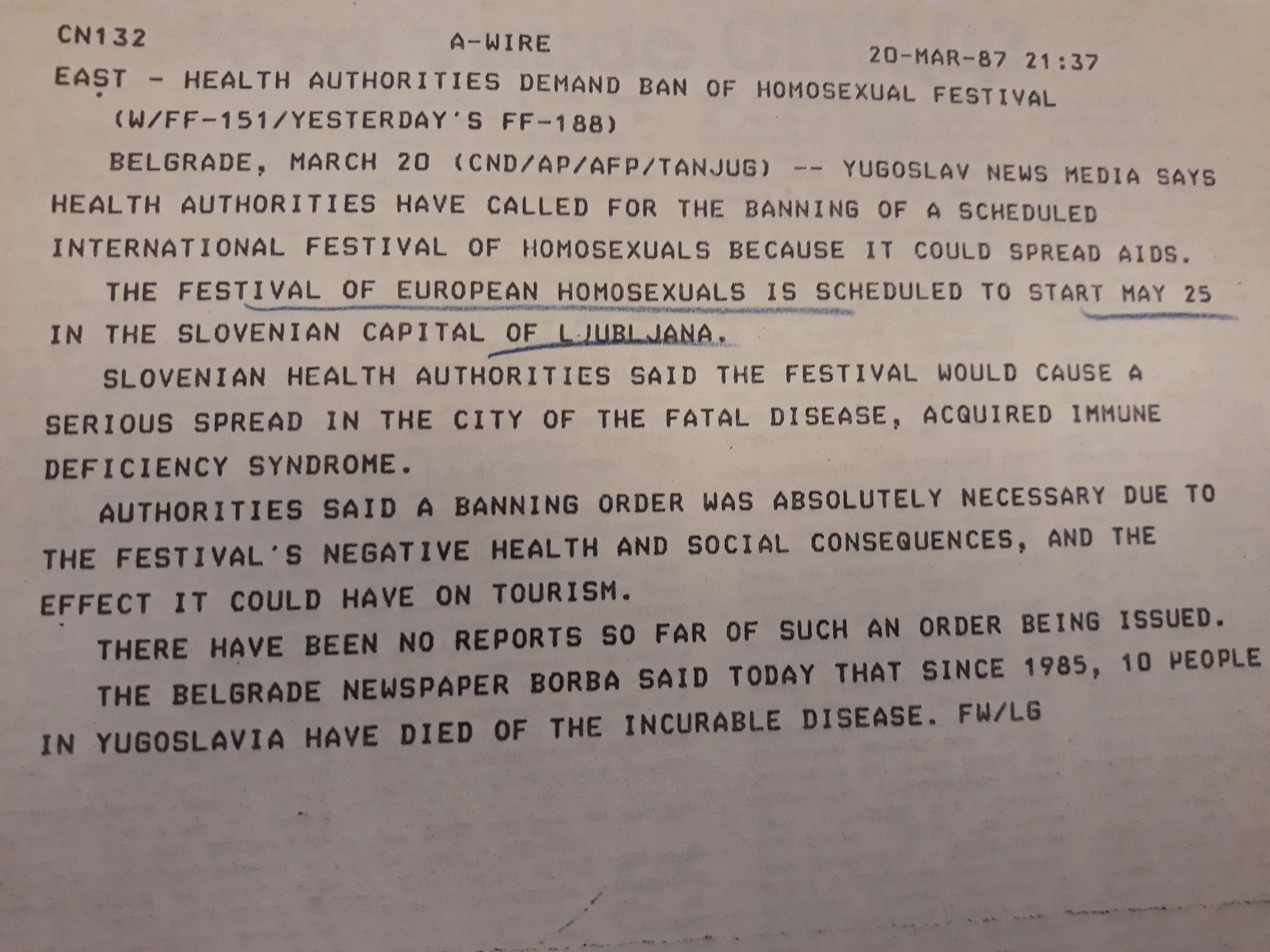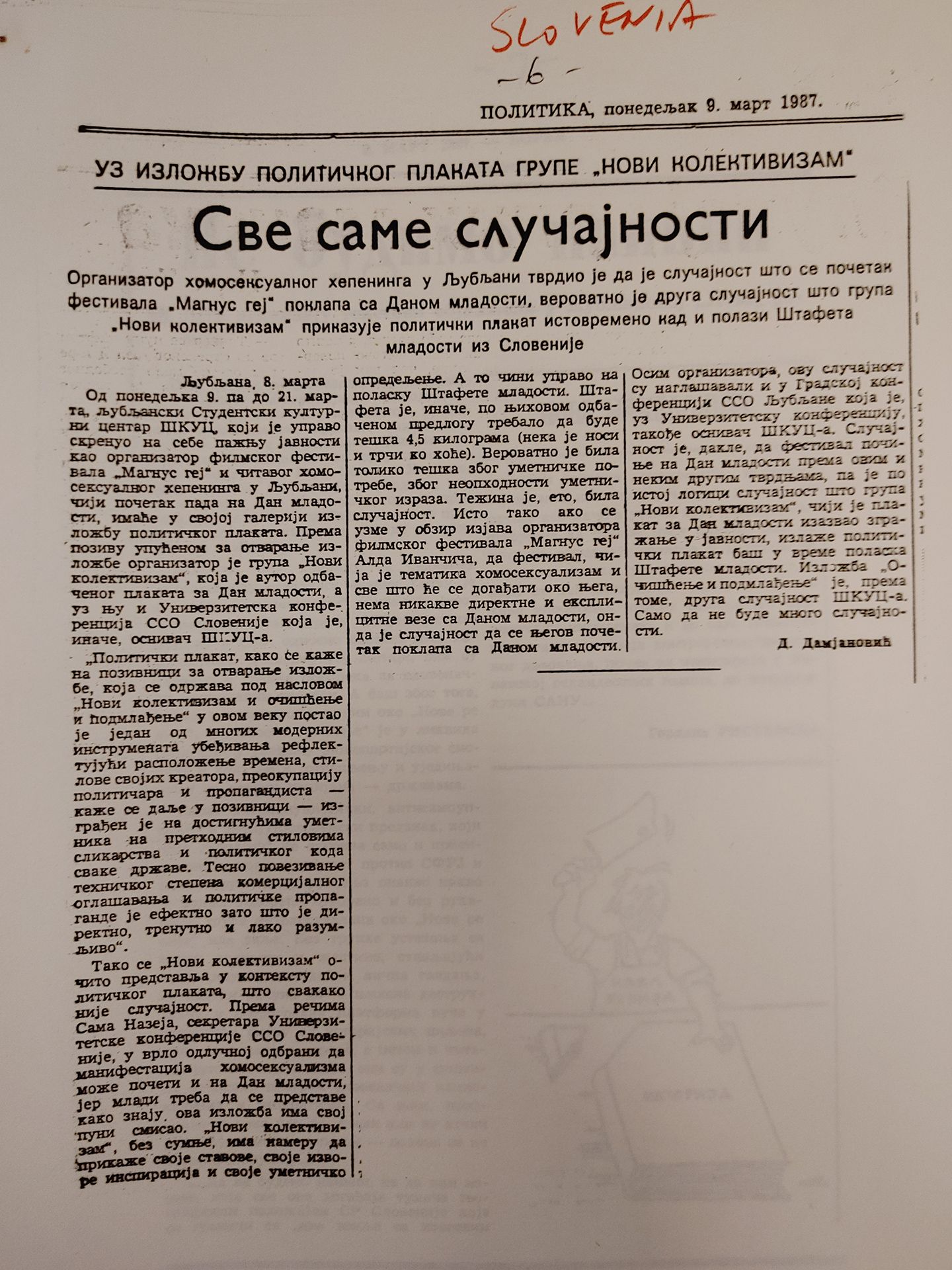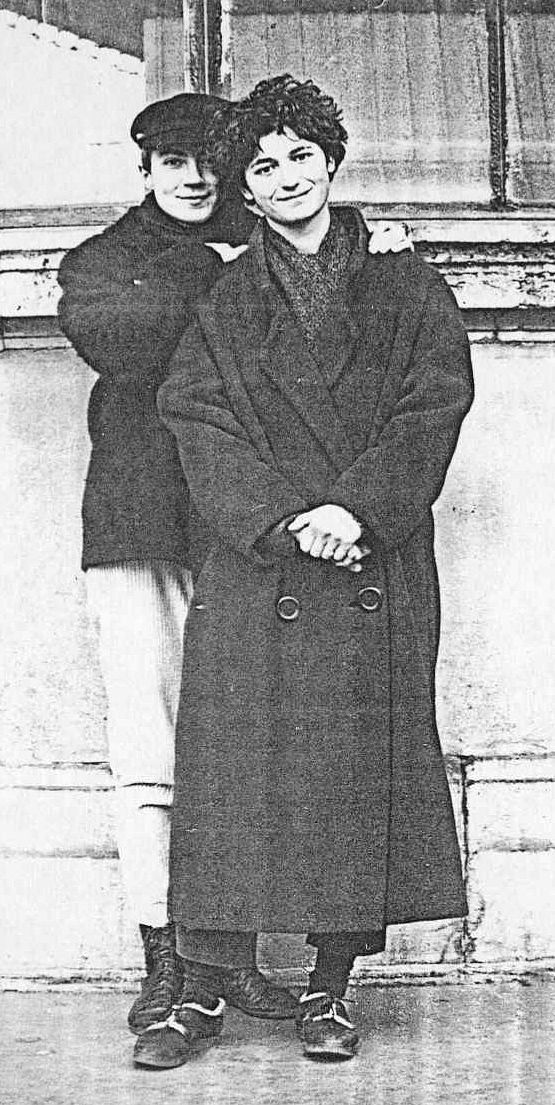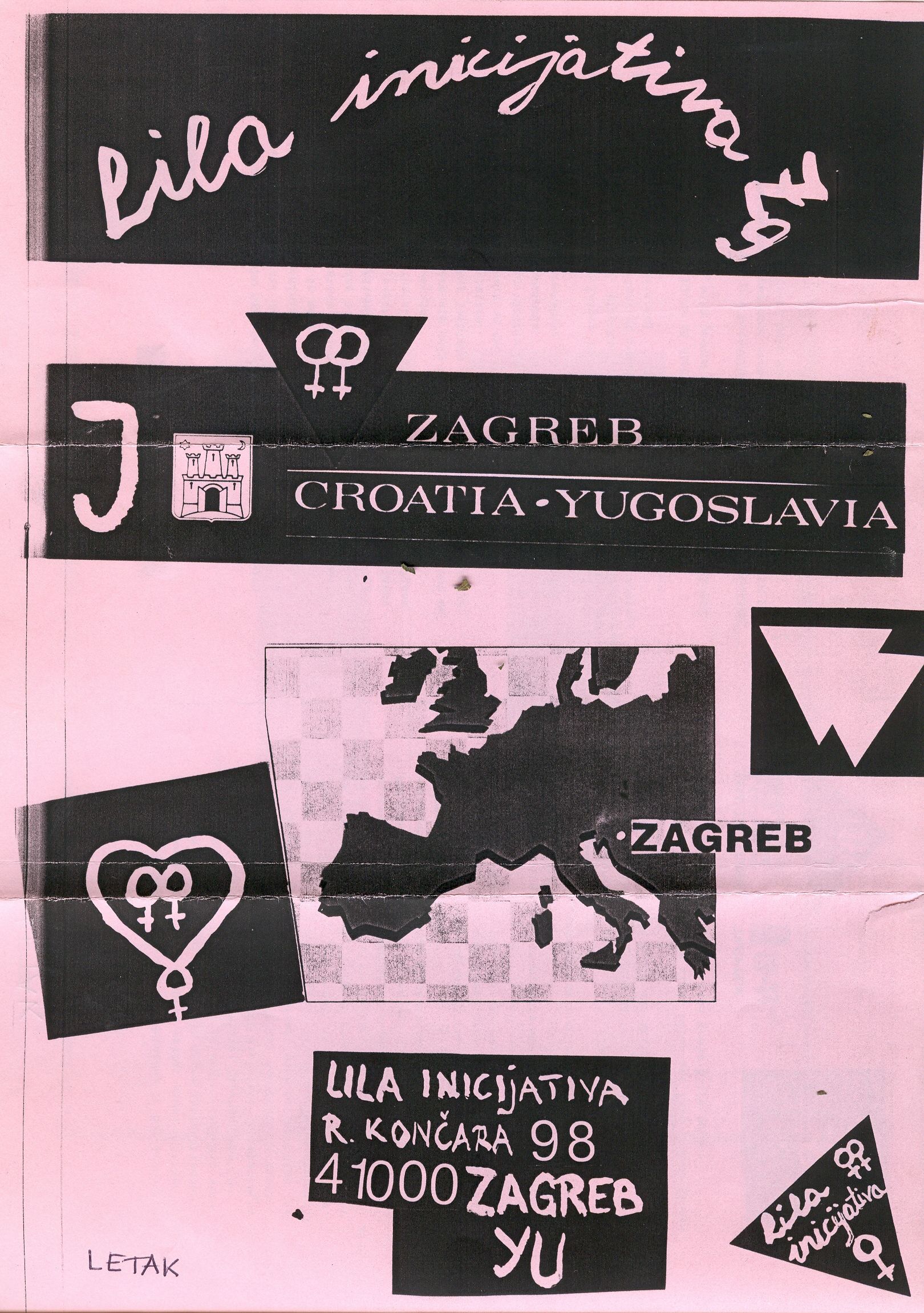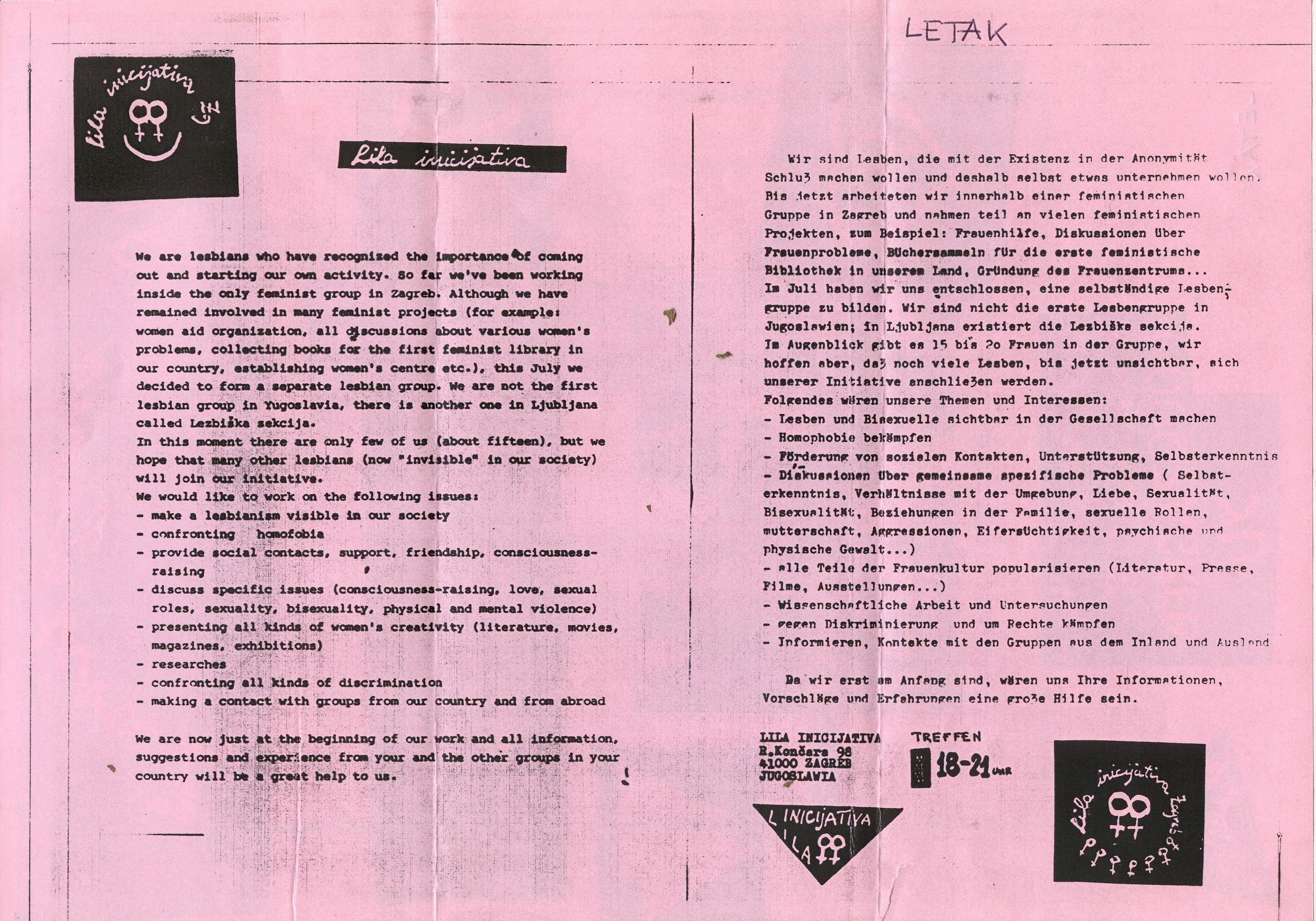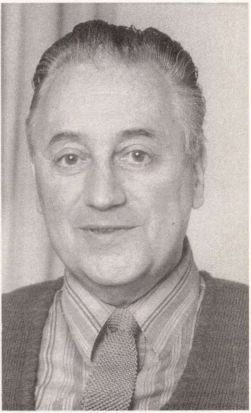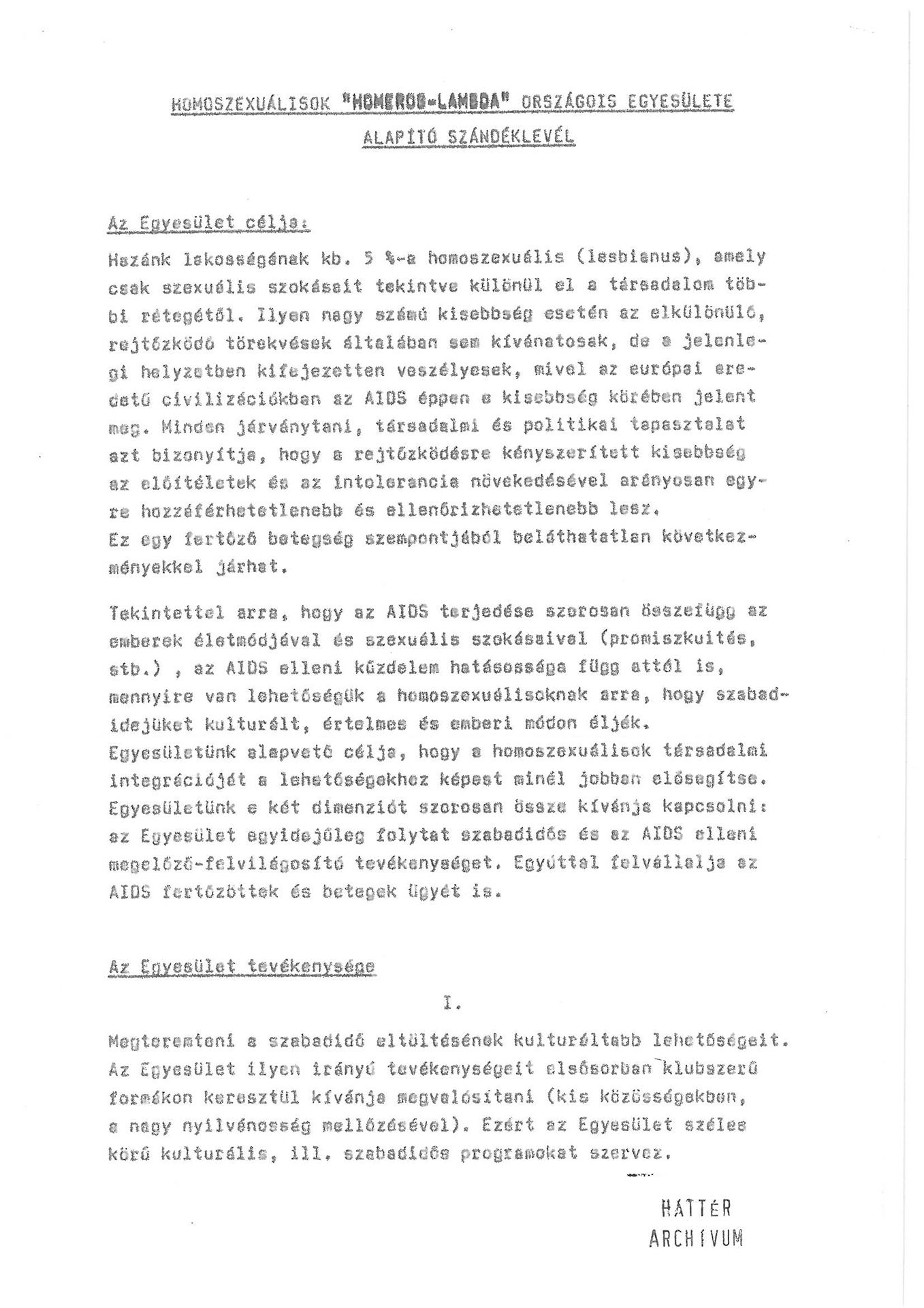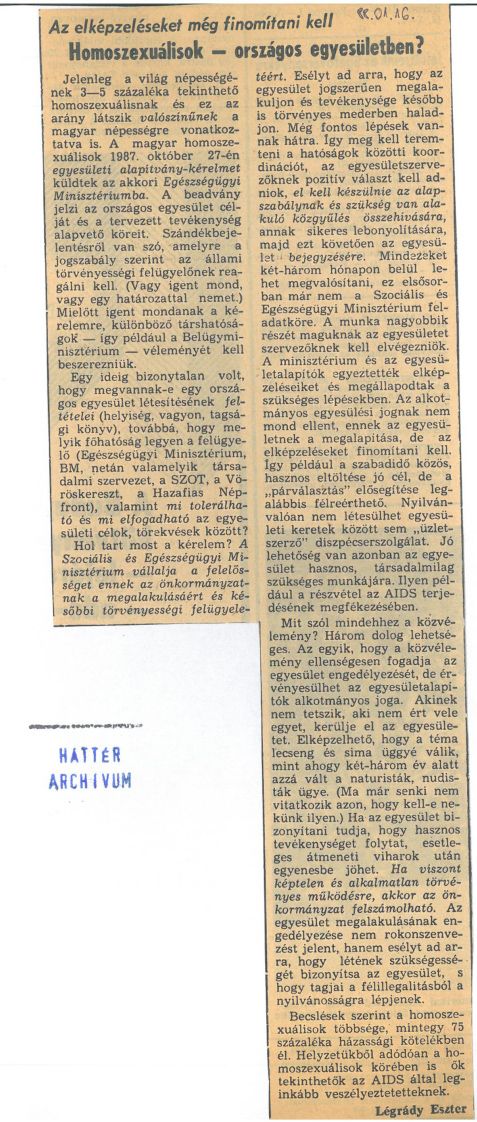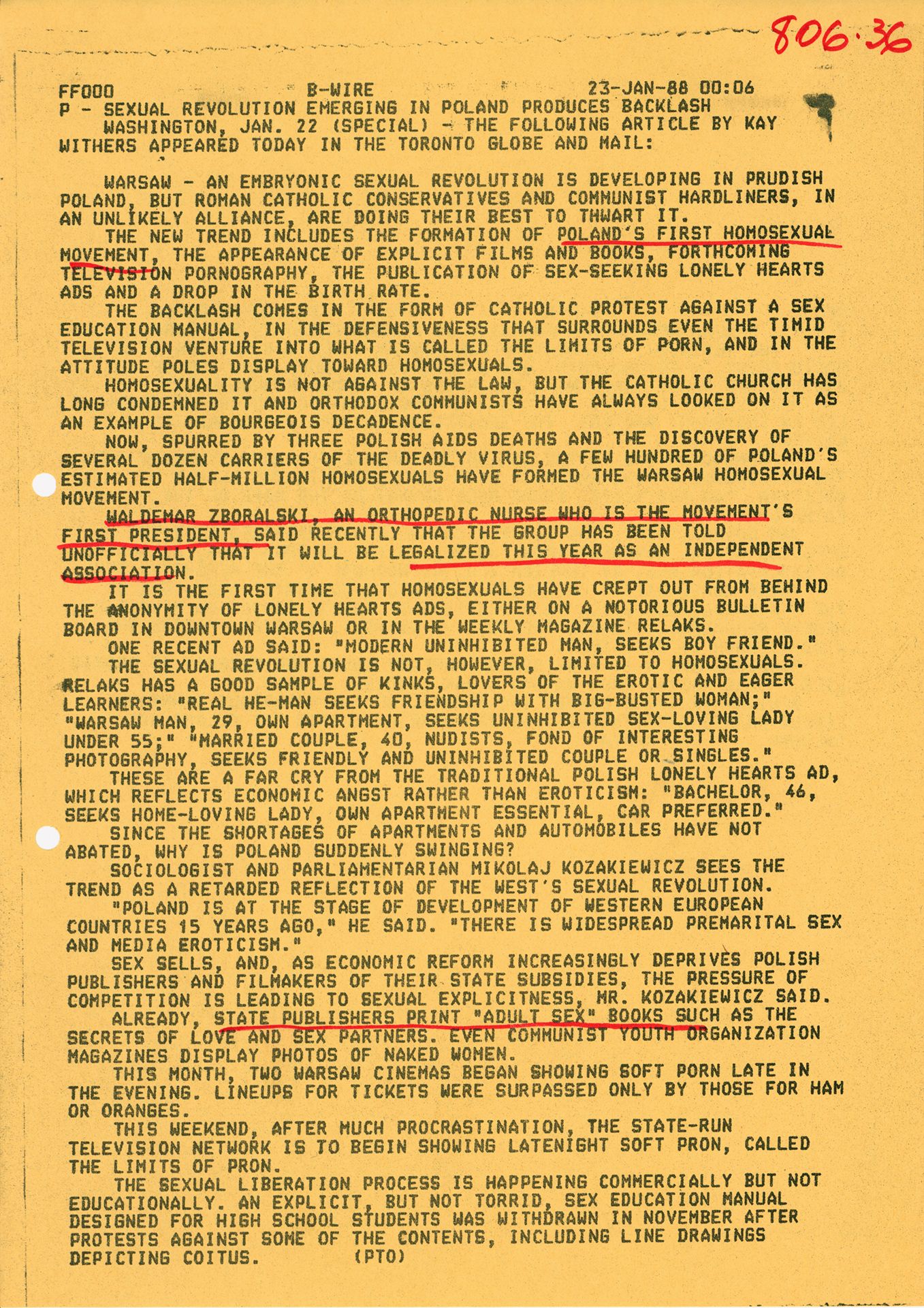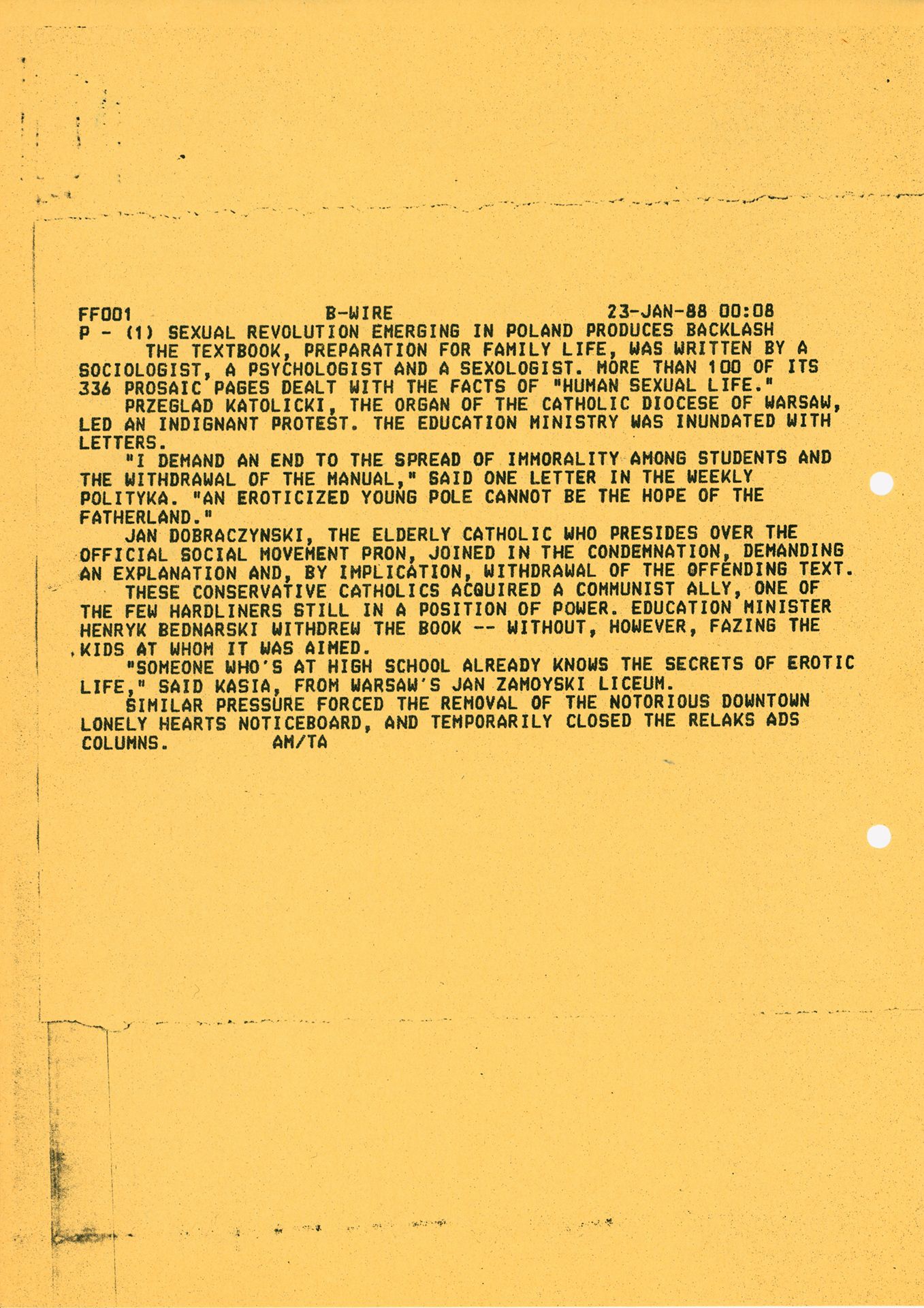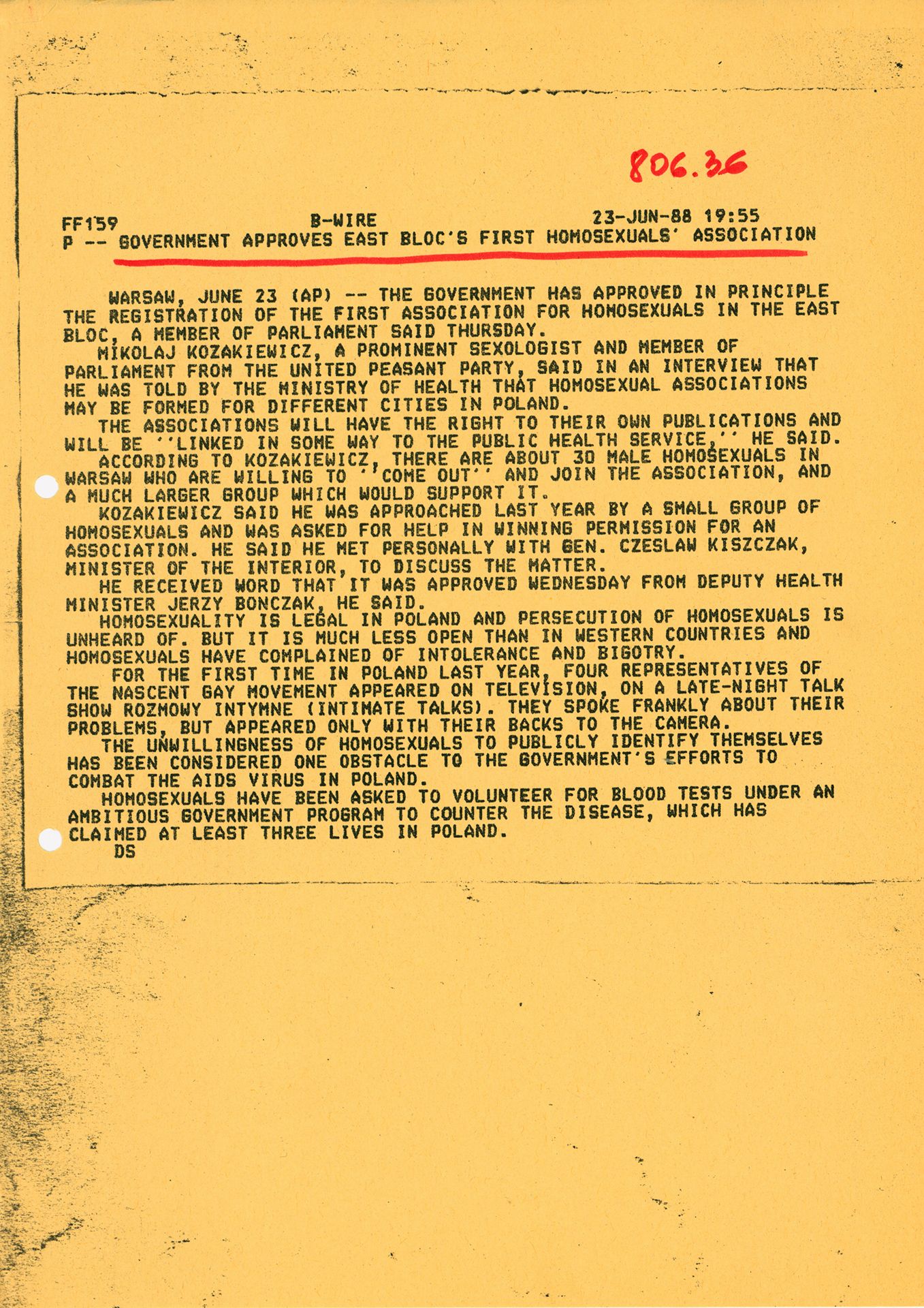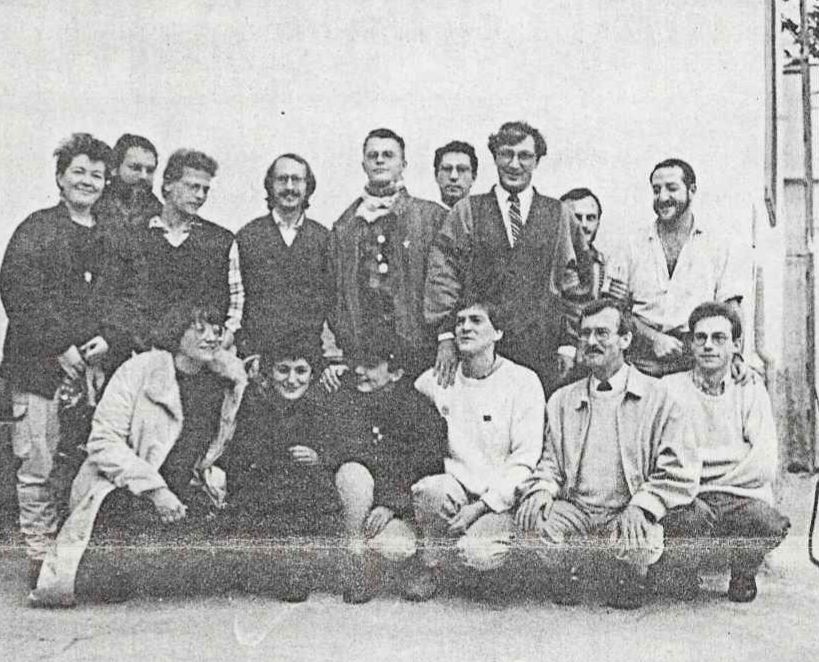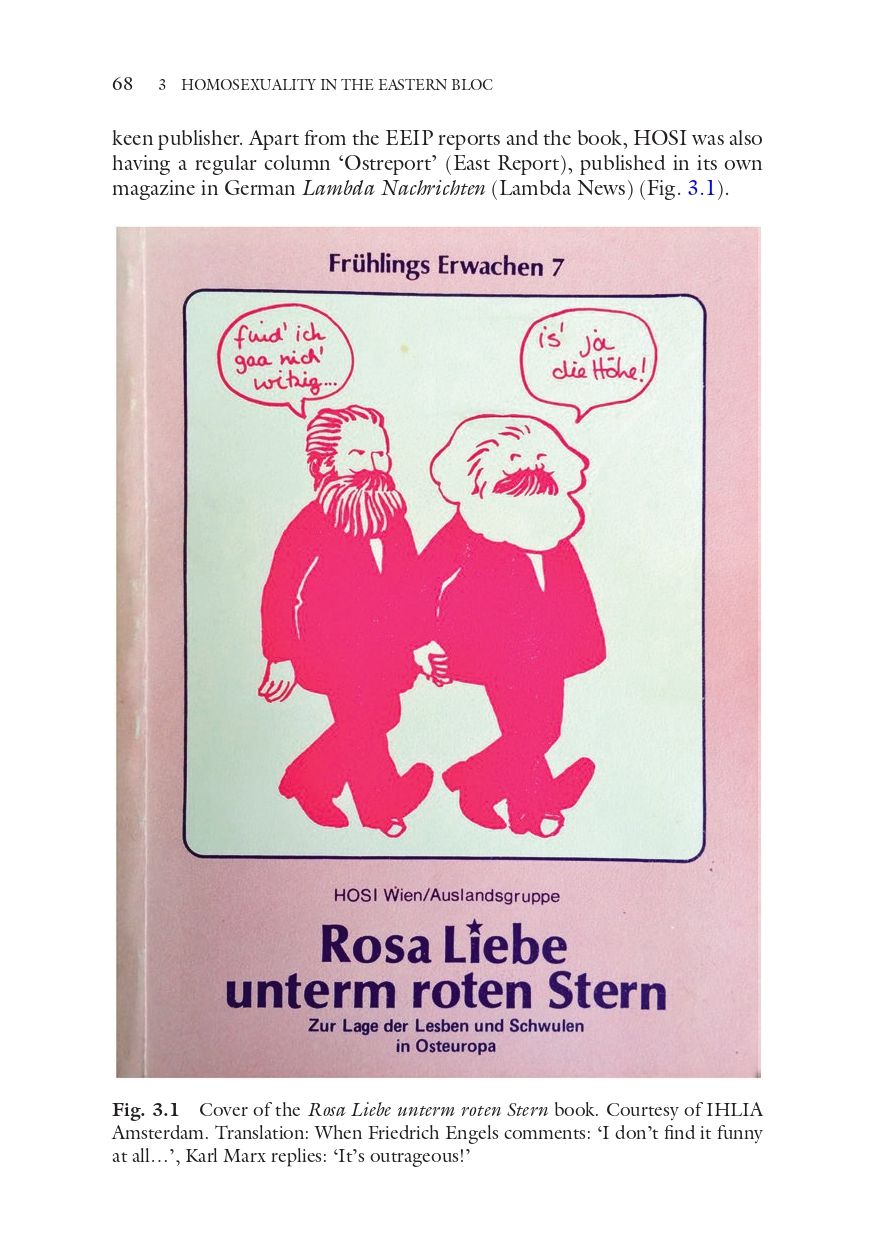Homosexual Activism in the Communist State
Can a homosexual be considered someone worthy of membership of the Communist Party? This is the question that Harry White, homosexual and member of the British Communist Party, posed in a lengthy letter to Stalin in 1934, after Stalin’s re-criminalization of homosexuality in the USSR in 1933. Using consequentialist reasoning – rooted in what White considered to be unquestionable Marxist premises – he concludes that the type of “homosexuals from birth” are too insignificant a minority to be considered a threat to the birth rate of a communist society and the dictatorship of the proletariat. But there exist, by contrast, homosexuals of another type who become “homosexuals out of viciousness” or “economic considerations”. They are usually members of the bourgeoisie, who turn to homosexuality once they “have sated themselves with all the forms of pleasure and perversity that are available in sexual relations with women.” Fascism, with its inner economic contradictions, stimulates the development of this second type of homosexual. They should rightly be prosecuted for what they do.
While Stalin never formally responded to White, he did write a few words on the cover of the received letter: “an idiot and a degenerate!” The picture of homosexuals as “degenerate bourgeois” was to persist throughout the communist period in all of the above-mentioned countries. What did not persist, is White’s proposed justification for the decriminalization of homosexuality, which was not endorsed among communist and socialist homosexuals, after the Second World War. With the appearance of the LGBT+ movements in the GDR, for instance, in the 1970s and early 1980s, even among pro-communist or pro-socialist homosexuals, some of White’s “unquestionable Marxist premises” were set aside. They were replaced with a strong conviction that our sexual freedoms and identities are linked to an inviolable right of privacy to be enjoyed by every individual. Furthermore, the justification of these sexual freedoms was seen as independent of any specifically Marxist premises, although according to pro-socialist homosexuals, this might still be compatible with the basic principles of Socialism.
Aside from plenty of rumors in the media about homosexual politicians, members of the communist parties, or rumors about high functionaries being homosexuals, such as for instance the allegations that were circulating in Albania about Enver Xoha, homosexuality remained a political taboo under communism that was only broken in the mid-1980s, especially with the emergence of the AIDS pandemic, as in the cases of Hungary and Poland. While key texts in the Classical Marxist tradition imply the emancipation of alternative sexual practices, including homosexual ones, the reality of the communist state provided for anything but the “free love” proclaimed by the revolutionary movements professed by Friedrich Engels. What followed in most of the countries after the Second World War was a general taboo on sex and sexual practices, an ideological framing of sex as something that finds its purpose exclusively in reproduction, censorship of any erotic and pornographic content, criminalization of “deviant” sexual practices, prosecution and imprisonment of homosexuals, prohibition of official political activity by homosexuals.
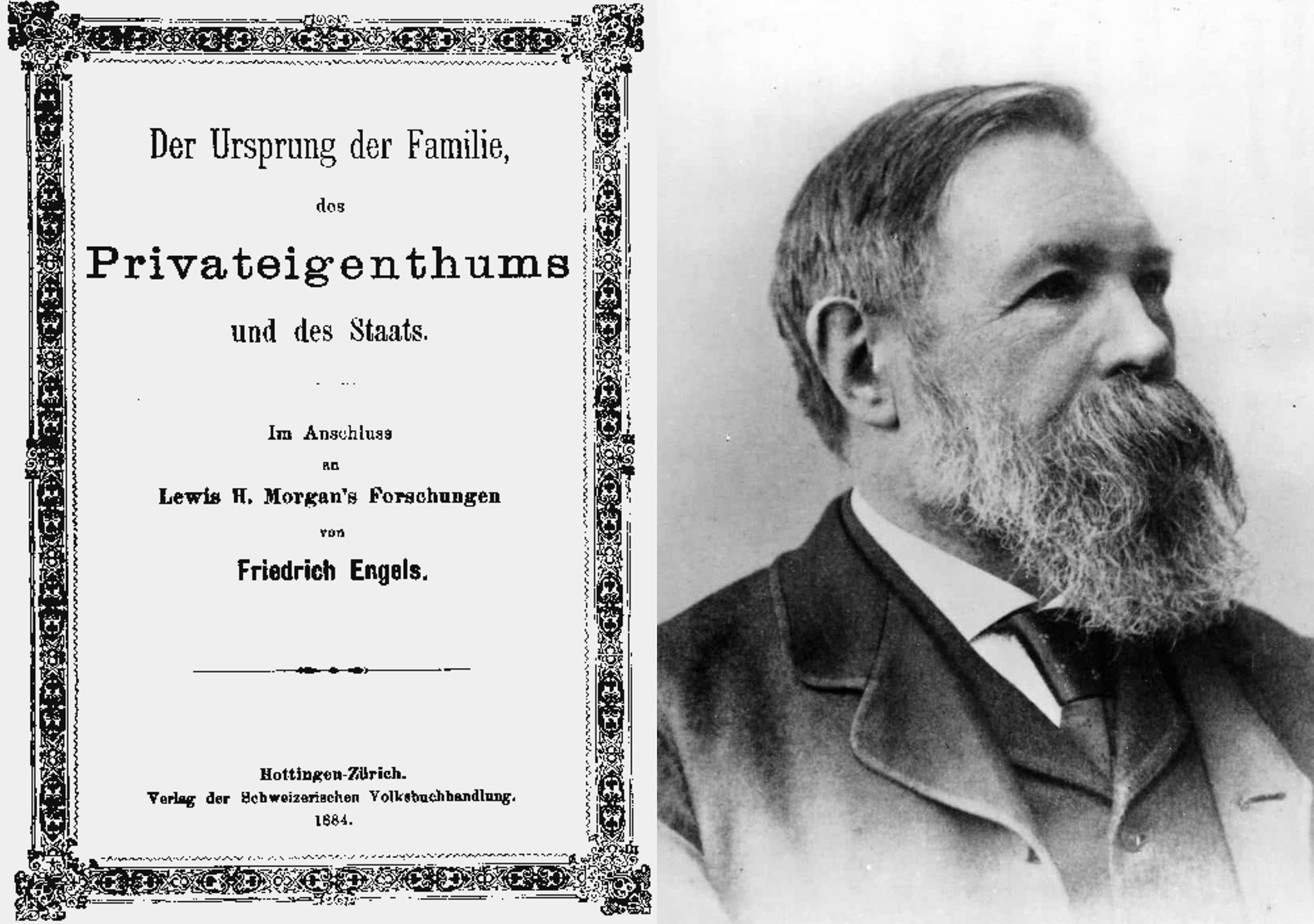
Excerpt from Friedrich Engels’s “The Origins of the Family, Private Property, and the State”, 1884
photo and translated book excerpt, exhibition print
Blinken OSA
To comrade Fadeev, I.A.
A notification about N.V. Skorodumov’s collection
In the beginning of March 1948 Lenin’s library received instructions from the fifth department of the Ministry of State Security of the USSR (from Colonel Tchesnokov in person) to select and take to the Library literature, handwritten and illustrated material on erotic topics from the personal library of the Moscow State University Library worker N.V. Skorodumov, who died in 1947. ...
A commission sorted out and examined more than 40,000 books, magazines, newspapers, handwritten and illustrated materials, post-cards, photographs, negatives, and private letters stored in disorder at the flat of Skorodumov’s widow, citizen Burova. The commission selected all material of erotic and yellow press character as well as literature forbidden by Chief Department’s Regulations on Literature and checked the main collection of erotic materials. ...
This erotic literature cannot be considered to have any scholarly or historical value for Library attendants and is an especially harmful survival of bourgeois ideology. ...
Lenin’s Library officials consider it impossible to give such harmful literature back to citizen Burova, because it is potentially dangerous for citizens to store such literature in their homes.
Pornographic and erotic literature from Skorodumov’s private library is stored in a special section of the Library and cannot be returned to any individual because this literature can be stored only in special section.
translated excerpts from a report by Vladimir Olishev, director of Lenin’s Library regarding acquisition decision about texts and illustrations with erotic content from the private collection of N. Skorodumov, exhibition print
Blinken OSA (Excerpt originally used in the OSA “Sex and Communism” exhibition)
In the countries in which forms of organized unofficial gay and lesbian activism appeared during the late 1970s and early 1980s, it was developed primarily in “extracurricular” spaces for the youth. In the GDR these were mainly the working groups within the Protestant Church, while in SFR Yugoslavia they were part of the student cultural centers which although state-funded expressed much understanding for experimental and alternative cultural and artistic expressions after 1968. In the last years of the communist regimes many non-official gay and lesbian activist groups attempted to formalize their organization in order to gain public recognition and pursue their political agendas. While some, like the Warsaw Gay Movement, were ultimately rejected by the authorities, others like Hungarian Homérosz succeeded in formally registering their organizations.
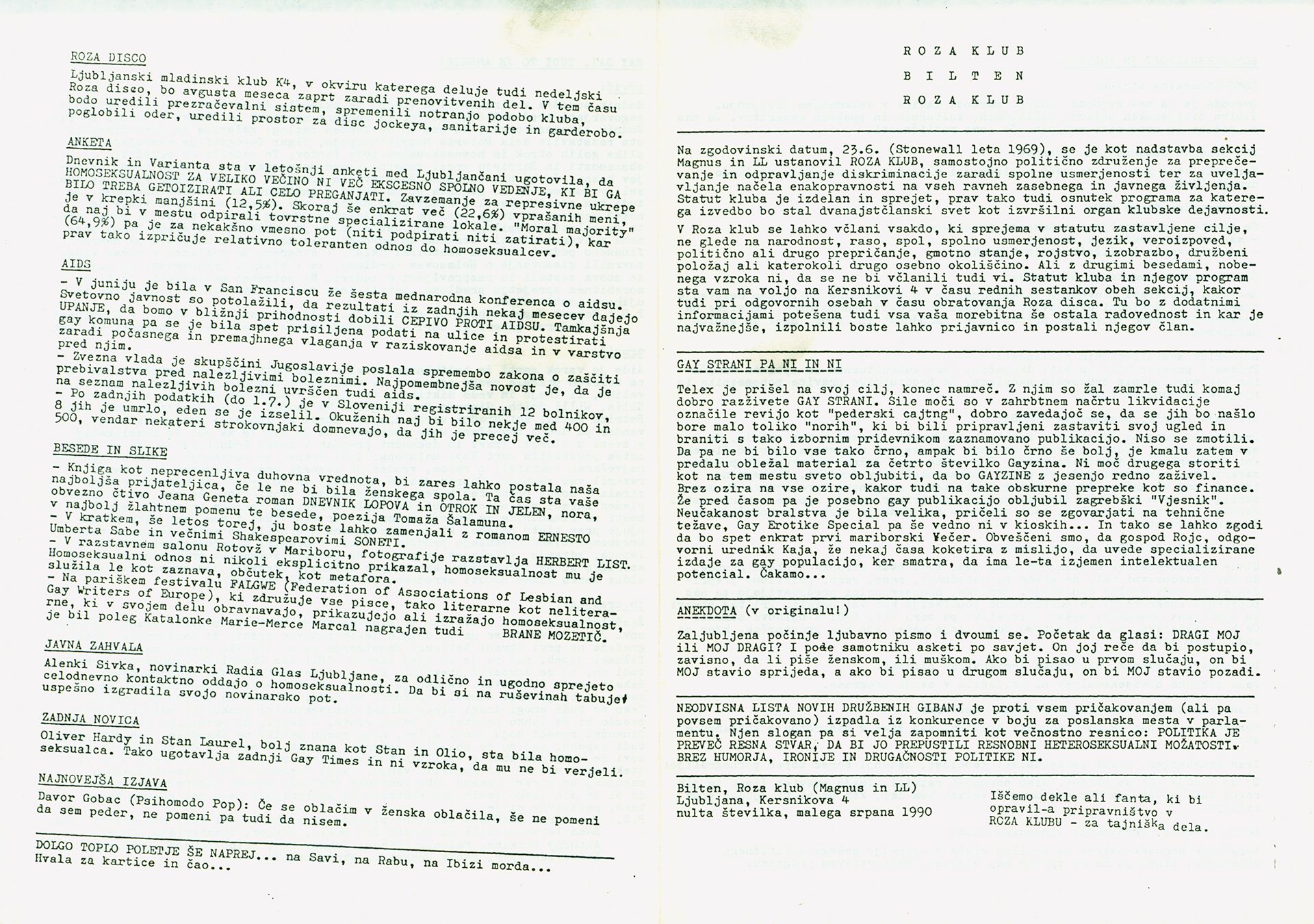
First bulletin of Ljubljana’s Roza Klub, announcing the club’s political agenda, 1990s
press clipping, exhibition print
Arhiv ŠKUC (Magnus, LL) and Roza Klub, Ljubljana
“Homérosz News”, made for the members of the Homérosz Association, 1988
video clips
Háttér Archive and Library
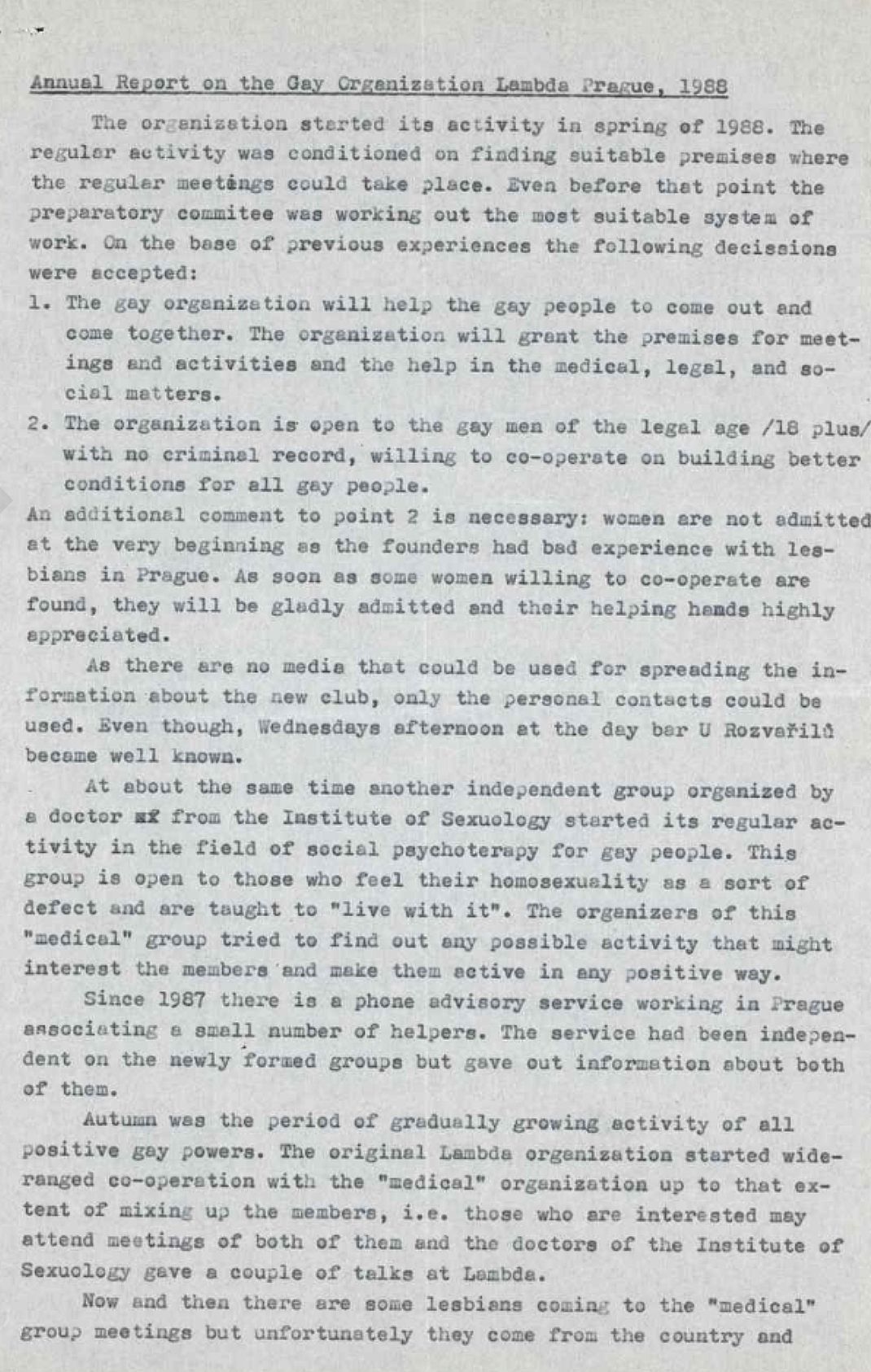
Excerpt from the annual report on the work of Lambda Prague in Czechoslovakia, 1988
report, exhibition print
IHLIA, Amsterdam
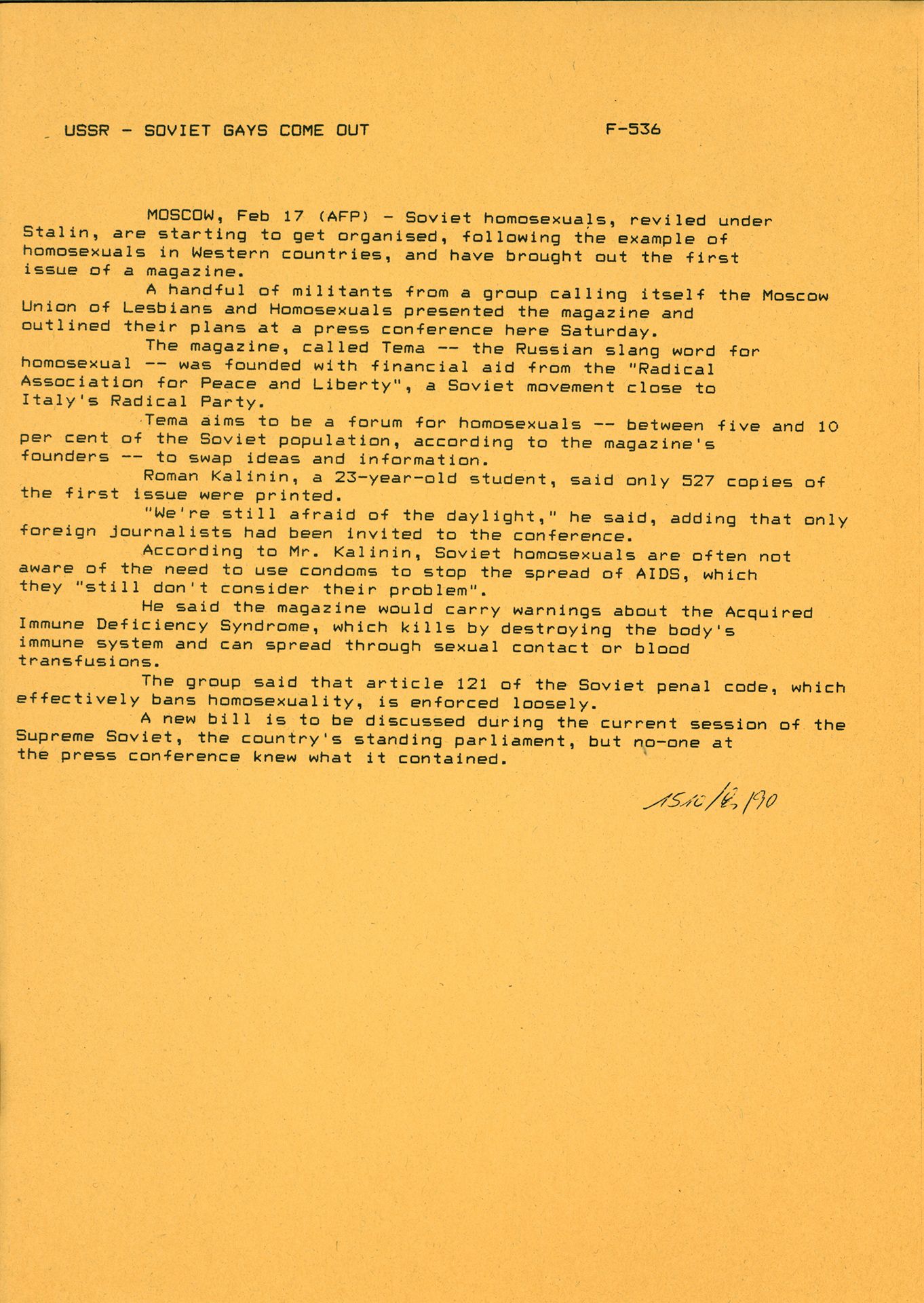
The rise of gay and lesbian organized activism in the last days of the USSR, 1990
press clippings, exhibition print
Blinken OSA
